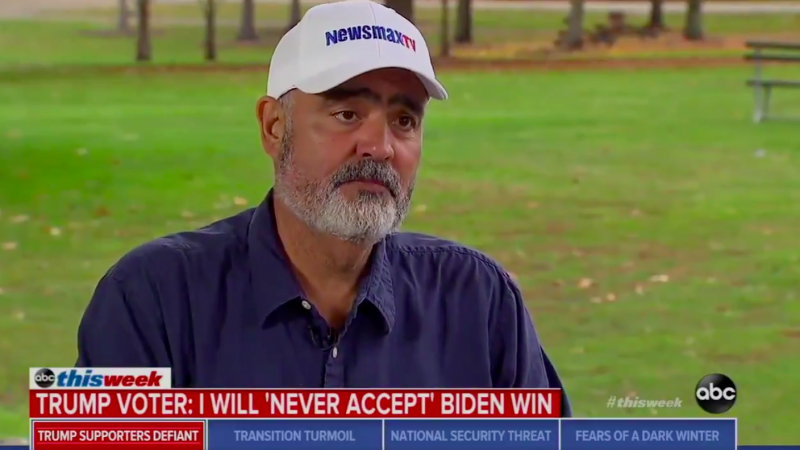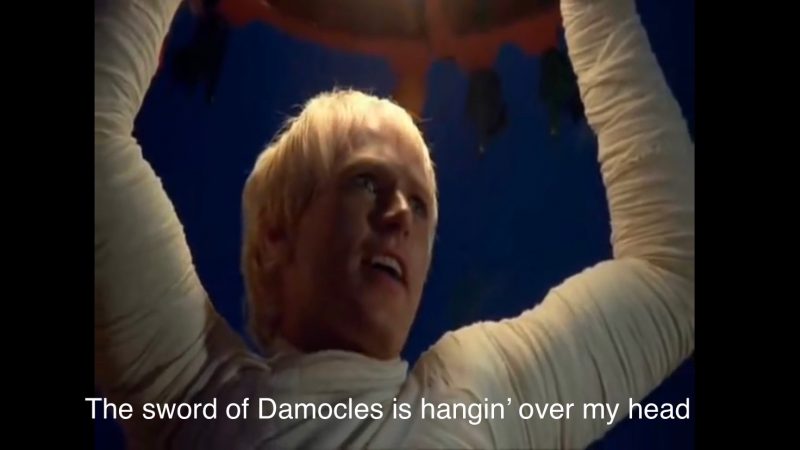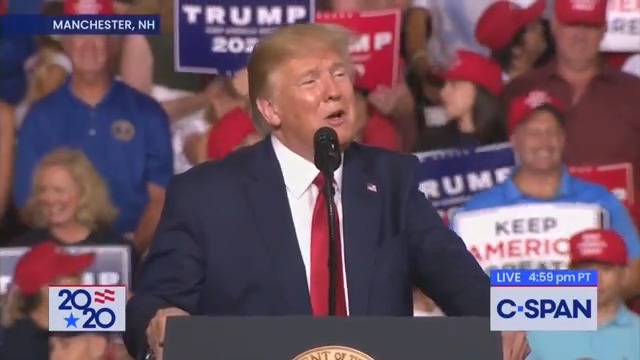New York Times’ Revival of Biden Ukraine Allegations Brings Up Bad Memories of 2016 for Democrats

You have to read way down — way, way down — into this convoluted New York Times story that appears to serve no greater purpose than to put the words “Joe Biden” and “scandal” into the public discourse before you get to a nugget of a nineteenth paragraph that seems to blow up the previous 18.
That graf starts off with this sentence: “No evidence has surfaced that the former vice president intentionally tried to help his son by pressing for the prosecutor general’s dismissal.”
Then what, a reader may reasonably ask, are we doing here?
The story attempts to trace the involvement of Biden’s son, Hunter Biden, in some sketchy but apparently legal involvement in an energy company called Burisma Holdings. The younger Biden spent five years on the board of Burisma, for which he was paid as much as $50,000 per month. He stepped down from the board earlier this year in expectation of his father entering the presidential campaign.
There were two notable events during Hunter Biden’s years with Burisma. First, Joe Biden visited Ukraine in 2016 while he was still serving as America’s vice president. On that trip, he pressed Ukraine’s government to fire the then-general prosecutor, Viktor Shokin, who had been accused of ignoring corruption in the country. But there was one investigation he was pursuing: corruption charges against Burisma’s owner, Mykola Zlochevsky.
Biden dangled the threat of revoking $1 billion in loan guarantees to Ukraine if it did not follow through. The threat worked, and Shokin was fired.
In 2017, Shokin’s replacement, Yuriy Lutsenko, having spent 10 months continuing Shokin’s investigation, cleared Zlochevsky of all charges.
Again, there is zero evidence in the Times story that the Bidens had anything at all to do with this. Hunter Biden was reportedly not involved in Burisma’s legal affairs. The Obama administration had a policy of pushing Ukraine to root out corruption among its government and oligarchs like Zlochevsky. Pushing the country to fire Shokin, who apparently took only intermittent interest in doing so, was very much in line with this commitment. The Times admits to all this.
Then, earlier this year, Lutsenko reversed himself and reopened the investigation of Burisma. And he appears to have done so at least partly due to badgering from Rudy Guiliani, who has taken over the role of Donald Trump’s shifty fixer from the soon-to-be-incarcerated Michael Cohen.
Why is Guiliani anywhere near this shady Ukraine story? Because there have long been allegations that the Ukranian government had tried to undermine Trump’s presidential campaign and aligned itself with Hillary Clinton. And while the evidence is extremely thin that there was any sort of organized effort by Ukraine to help Clinton, that is never going to stop Donald Trump from using the power of the federal government to pursue his enemies. Nor will it stop conservative media from running wild with it.
But the Times story takes ten paragraphs before it mentions the involvement of Trump’s allies in fanning the flames of the story to hurt the electoral prospects of a man they reportedly view as the biggest threat to Trump’s re-election. And it barely notes that the story has been percolating in the wild precincts of right-wing media for some time now.
One of the right-wing figures doing the percolating is Peter Schweizer, editor-at-large for Breitbart and author of the infamous Clinton Cash, which birthed the Uranium One story that dogged Hillary Clinton throughout 2016. And continues to dog her — the Trump administration reportedly considered appointing a special counsel to investigate it as recently as a year ago.
Schweizer and Steve Bannon worked together to get the allegations in Clinton Cash into the mainstream by laundering them through the New York Times, which gave the book’s allegations the imprimatur of legitimacy. The Uranium One story was utter horseshit, but it helped feed a narrative that Clinton was a corrupt official who had used her position as Secretary of State during the Obama administration to enrich her family foundation. That narrative proved to be a drag on her campaign. And it worked as an act of ratfuckery because the Times hopped into bed with a couple of right-wing smear merchants.
Having been burned before, one would think the Times would be hesitant to go back to that well. And indeed, Schweizer claimed on Twitter on Thursday that he had nothing to do with the story. Meanwhile, one of its authors, Ken Vogel, noted that the Times has looked into Hunter Biden’s involvement in Ukraine before, in 2015. In his telling, there is new evidence in Thursday’s story that Obama State Department officials were concerned about the appearance of a conflict of interest at the time. (You have to look very hard to find this new evidence, which appears to consist of one assertion by anonymous “officials.”)
But Schweizer has been pushing this Ukraine story since the publication of his last book, 2018’s Secret Empires. The Times does not appear to have so much as reviewed that one, let alone arranged for a series of stories based on its findings. Maybe the paper knew it had been burned before.
The Times appears to want to have it both ways: to claim there is something shady with the Bidens, a claim which takes several giant leaps based on some far-flung and shaky connections to make. At the same time, the paper walks up to the line of admitting that the story is mostly an attack on Biden by Trump and his political allies.
At the end of the day, what the paper has is a convoluted story that does nothing more than “cast shadows,” to borrow a phrase familiar to readers of its coverage of Hillary Clinton, at the behest of Trump-aligned ratfuckers. No wonder Democratic partisans fear they are looking at a rerun of Uranium One and 2016 all over again.






